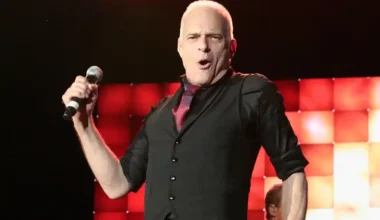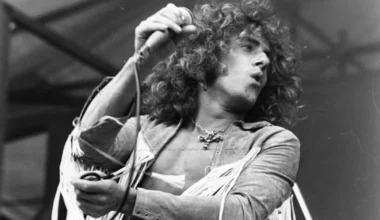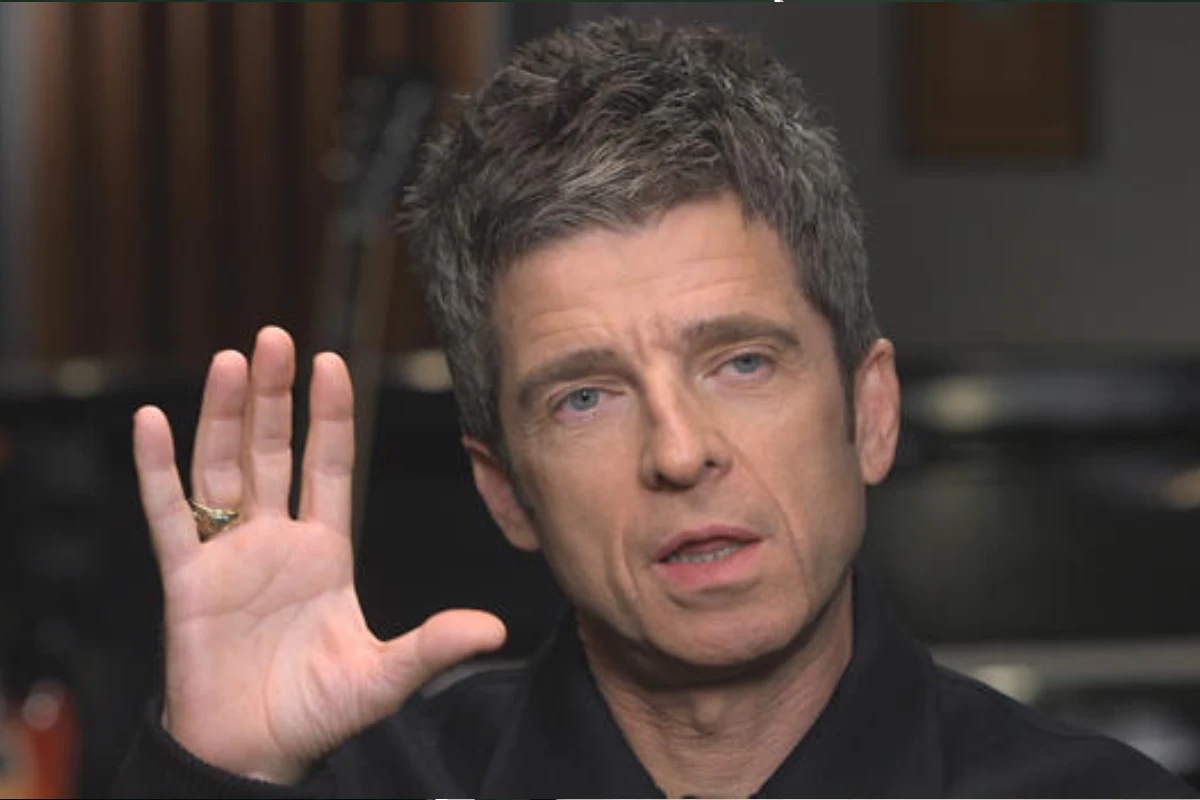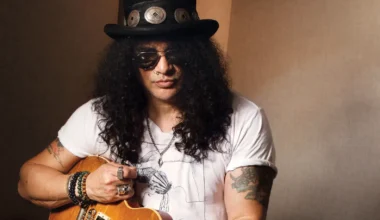Something about Rush’s business model defies description as a “mainstream star.” The Canadian icons were renowned for their multipart songs that lasted for ten minutes at a time. However, they were not able to compete with the heavyweights of their era. Among all the groups of their era who were trying to make something with a lot of punch that might manage to get on the radio. The group’s early years meant cutting some dead weight with John Rutsey, even though they could blend various progressive sections with ease.
However, perhaps that is unjust. One could argue persuasively that Rush would not have existed as a band at all without Rutsey. While performing at various backyard concerts across Canada, Rutsey’s group, which he had with Alex Lifeson, was short a bass player when Geddy Lee walked into play the four-string.
Despite their strong chemistry, the three of them did not always agree on everything. Rush had always let their music do the talking for the most part. In the early footage of the band performing, Rutsey served as the band’s emcee. He usually engaged with the audience and pumped them up in between songs.
To put it mildly, the group’s self-titled record is far less intelligent than what they would go on to become known for. This is especially evident when compared to their later progressive releases. If it weren’t for the incredible closer “Working Man,” this type of record might easily have gotten lost in the shuffle among the Humble Pies of the world. Instead, it created lengthy songs that combined different time signatures.
However, Rutsey typically had a straightforward approach, and Lifeson and Lee weren’t looking for that anymore. Lifeson recalled that Rutsey grew increasingly uneasy with the direction things were taking. He stated in “Beyond the Lighted Stage,” “I don’t think John felt comfortable with what was happening.” He was a much more self-assured rock star. While Geddy and I were more into bands like Yes and Genesis, he was more into Bad Company.
Apart from dissimilarities in taste in music, there were some unresolved health concerns in the background. While it’s understandable that any adolescent would find the prospect of touring the globe and performing for large crowds appealing. Rutsey knew that having been diagnosed with juvenile diabetes, he didn’t want to commit to a tour that would put his blood sugar in danger every night. This forced him to politely exit the group.
Rush felt as though they had lost one of their closest high school friends, but they were fortunate to have Neil Peart join them. Rutsey may have had a tight groove on the debut album. However, Peart was the band’s salvation. He played with the power of a John Bonham-like performance. Peart also penned lyrics and ideas that would form the cornerstone of their prog-giant career.
Although it’s difficult to view the debut as anything more than a clumsy attempt at hard rock, Rutsey’s performance serves as a fantastic window into Rush’s early years. Those songs seem to capture a certain innocence, but the band always intended them for greater things.








